News reports notwithstanding, people are living longer than ever before. That means many more years of enjoying a well-earned retirement. However, longer lifespans make it critical to carefully manage risk – even after retirement – to ensure that you have the funds you need to maintain your lifestyle. These are seven ways you can protect your retirement income from perils like inflation, market volatility and outliving your savings.
Keep Your Emotions in Check
Every dollar you have put away for your retirement years represents hard work. Because of this, many people have strong emotional reactions to dips in the market. They are tempted to protect their funds by reacting to short-term trends instead of sticking to a long-term investment strategy. The best thing you can do to manage this risk is to keep an eye on your goals and ignore the daily ups and downs.
Beware of Overspending
There are a lot of factors that go into calculating how long your money will last, including your age, your life expectancy, current rates of return and the amount you have saved. We can help by giving you an approximate figure that you can safely withdraw each year without putting yourself at risk of running out of money.
Design Your Portfolio With Inflation in Mind
One of the most frustrating things about setting money aside is that over time, buying power is eroded by inflation. When it comes to your retirement, this issue goes from discouraging to dangerous, as inflation can dramatically decrease the value of your portfolio. Use tried-and-true inflation-proof portfolio management techniques to ensure that your rate of return will – at a minimum – keep up with the cost of maintaining your lifestyle.
Focus on Interest Rates
At one time, interest rates of 5 percent or more were standard. That made it simple to accumulate solid earnings, and interest income could be relied upon for living expenses after retirement. However, those high rates have been gone for a long time now, and who knows when they will reach that level in the future. In the interim, it is important to adjust your portfolio to account for low interest rates, and ensure you have enough invested in holdings that will generate a better return.
Plan for Longevity
Most people assume their lifespans will be far shorter than statistics indicate, and they plan for their retirement accordingly. Unfortunately, the result of this trend is that many retirees outlive their savings. The best way to mitigate this risk is to assume a best-case scenario when planning for retirement. Save, invest and spend as if you will live to be 100 years old.
Prepare for Market Changes
The economy goes through regular cycles, and no matter how carefully you invest, you are sure to be faced with a market downturn at some point during your retirement. While this isn’t an issue while you are still making contributions to your retirement accounts, it can add complexity during the distribution phase. Over time, with no withdrawals, your investments may eventually recover. However, this can take years. Practically, you cannot avoid all withdrawals during this period, so your overall income strategy must take this downturn into consideration when calculating your annual distribution targets.
Focus on Sequence of Returns
Market changes mean that you will probably have to make withdrawals during a market downturn, which goes against the standard “buy low, sell high” investment wisdom. If this happens early in your retirement, it is likely that you will deplete your savings more quickly than if it happens later. As you make decisions on when to retire, how much to withdraw and when to begin distributions, keep in mind that taking money out of your investment accounts when the value of your portfolio is down could put you at risk in later years.












